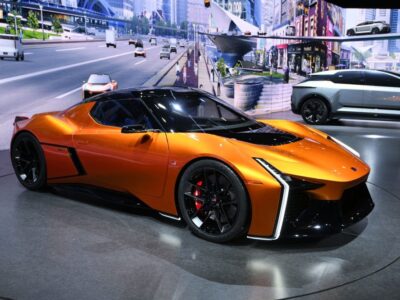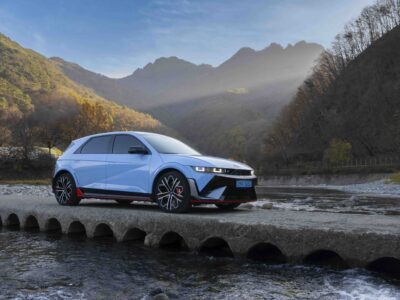New developments came out of the electric vehicle (EV) space in late September 2022 when Volkswagen AG entered a multi-billion dollar deal with a European raw materials sourcing firm to improve the European supply chain for EV batteries. This partnership will shore up the EV pipeline as automakers continue to scale up their production to hit certain carbon neutrality milestones. The joint venture was reported to cost around 3 billion euros, or $2.9 billion.
Alongside Umicore SA, a Belgian-based battery material supplier, Volkswagen will send materials to its two factories in Germany and Spain. These factories will manufacture the cathodes and other precursor materials necessary for reliable EV performance, with operations slated to begin in 2025.
The joint venture terms will see both Volkswagen and Umicore control the factories while sharing costs, investments, revenue streams, and profits. The deal will give them an advantage in the growing electric and zero-emission vehicle market, a critical maneuver after newly-passed European legislation promoting local EV production.
The raw materials for all cathodes and other aspects of battery production will still be sourced from other countries. The creation of the cathodes is likely to take place at Umicore’s Poland factory, ensuring that the supply chain stays within the confines of the European continent.
Volkswagen and Umicore also plan to collaborate on recycling batteries for more raw materials. This partnership comes in the wake of Ursula von der Leyen, European Commission president, proposing the European Critical Raw Materials Act. It would set up a sourcing, extraction, and recycling framework that would edge the European Union (EU) closer to its goal of carbon neutrality by 2050.
The hope is that by having more resilient EV production supply chains in the EU, there will be less need for foreign aid.
President von der Leyen pointed out that a trusted European network of raw materials was essential to achieve this goal. Ralph Kiessling, Umicore’s vice president of energy and surface technologies, said the joint venture would look to integrate the requirements for sourcing in the second part of the decade.
The businesses are expected to benefit nicely from the deal. Umicore saw a 4.8% increase in its stock price in September 2022, while Volkswagen only saw a 0.6% jump. However, that is a sign investors believe keeping European EV production in the confines of the EU will make it easier to continue the electrification transition.
“This partnership … is a strong signal of recognition of our product and process expertise and a testament to the success of our strategy to establish sustainable industrial-scale, closed-loop battery materials value chains in key regions,” proclaimed Mathis Miedreichin, Umicore CEO.
By having a more domestic battery supplier, Volkswagen won’t have to be as concerned about geopolitical tensions or major global events halting production. That’s important, especially as the auto group aims to have 70% of its sales in Europe entirely EVs by 2030.
The batteries built by PowerCo, the supplier owned by Volkswagen, will play a significant role in this joint venture. They plan to be actively involved in the material refining process and oversee all the factory production. They are hailing this deal as one of the most efficient, sustainable ways to keep EV production at a substantial level.
“By building up substantial production capacities, we are securing the rapidly growing demand for battery-grade materials for our main customer Volkswagen AG in terms of volume and at optimal cost,” said Frank Blome, PowerCo CEO.





